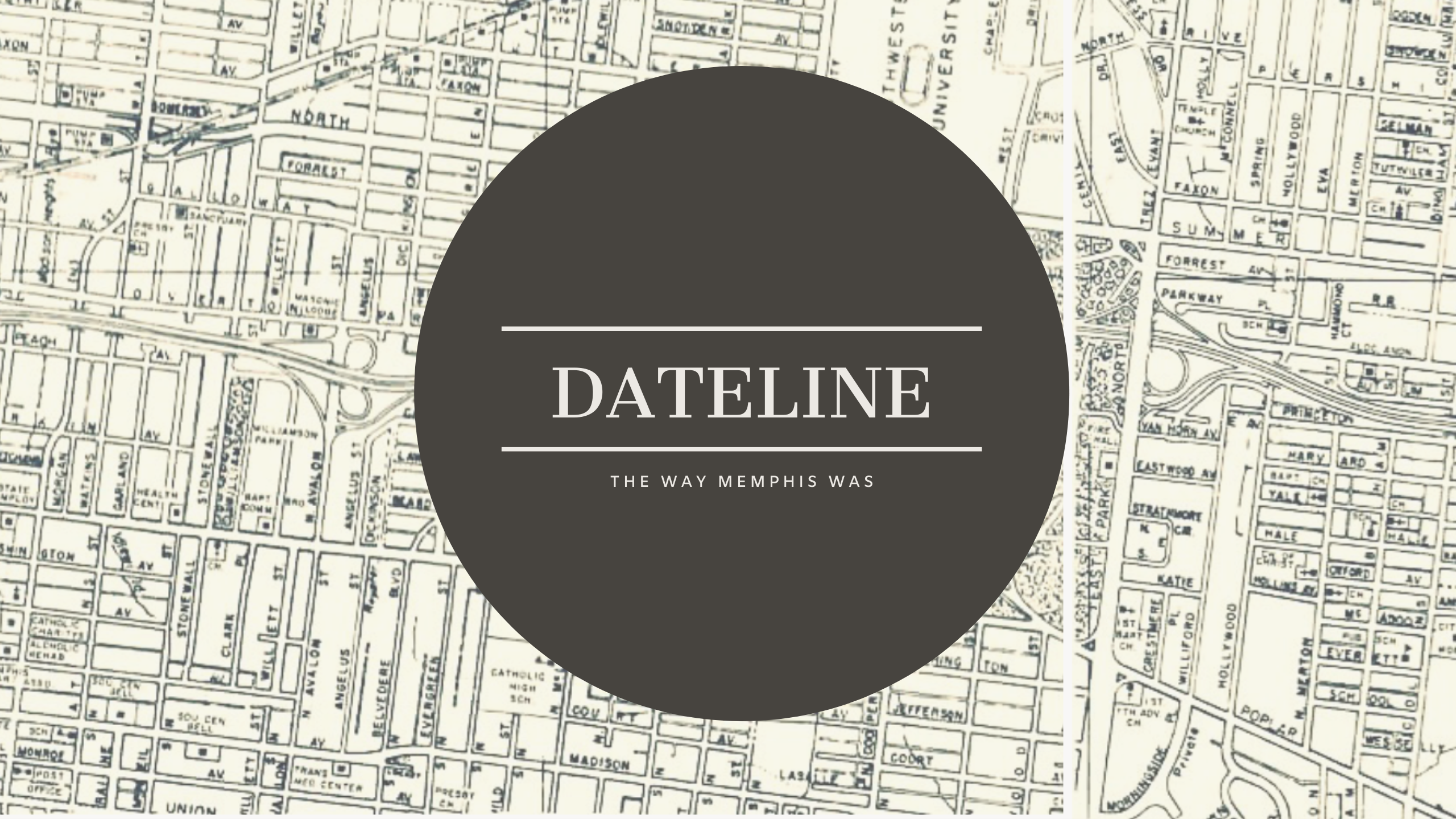This article originally appeared in Volume I, Issue I of StoryBoard Memphis Quarterly in November 2021, page 13.
____________________
By G. Wayne Dowdy
Your correspondent reports on how Memphis combated widespread unemployment and deprivation during the second year of the Great Depression and cheered the Memphis Tigers football team to victory.
“We Want Any Kind of Shoes”
Several thousand Memphis families were without adequate food, clothing, and shelter as the weather turned colder in November of 1931. Unemployment was rampant and even those who had work saw their wages decrease. Union electricians had their pay slashed by 20 percent, and 2,000 Memphians were without adequate footwear. The lack of shoes was so widespread that Committee Chairman John Ross asked for donations. “We want any kind of shoes. It doesn’t make any difference if their soles are gone. We’ll re-sole them.”
In order to combat the growing crisis, Mayor Watkins Overton established the Mayor’s Committee on Unemployment Relief in December 1930, providing work at the city wood yard in exchange for food, clothing, and fuel. In order to pay for this material, several fundraising events were held in the late fall and early winter. On November 22nd, every movie theater in Memphis donated all $5,000 in ticket sales from the day to the committee. The city’s athletic community also organized wrestling contests for the relief fund. According to the Commercial Appeal’s Herbert Caldwell, a “capable cast of headlocks and flying tackle artists…will meet in two matches.” These included “Pat O’Shocker, the red-headed Irishman of Salt Lake City, who has a string of victories in his wake here will meet George Tragos, a versatile Greek, in the one-hour limit, two out of three flops.” As a result of this fundraising, the committee was able to provide 3,500 families with clothing, food, and coal to heat their homes. The need, however, remained acute.
-

The Commercial Appeal, December 20, 1931
Courtesy of NewsBank
Citizens collected money from their neighbors, which was then picked up by trucks operated by firemen. In the words of a Commercial Appeal reporter, “The truck will draw up in the middle of a residential block, blow its siren to let householders know that it is there. Then firemen will run to the house doors to present credentials and receive the boxes.” Despite all of this effort, by the end of the month there were still three thousand families in distress. It was clear to nearly everyone, save for President Herbert Hoover and his Republican administration, that more than local charity efforts were needed to battle the effects of the Great Depression.
“I Don’t Know – is it Worth Anything?”
-

Cummins School, 1932
Courtesy of the Memphis Public Library & Information Center
Although public schools remained open, teachers were one of the professions most affected by the Great Depression. To meet operating expenses in November 1930, the school board took out a short-term loan of $100,000, which they were required to pay back by March of 1931. On December 1, 1931 the Memphis Board of Education voted to close their five night-schools, allowing them to save $4,000 a month. Seventy teachers lost the extra pay that they earned from teaching night classes, and two thousand black and white adults lost an opportunity to improve their lives. The board did not even have enough money to pay the teachers their November salaries.
A hastily-convened meeting at the end of the month between the Board, Mayor Overton, and several local bankers resulted in enough money being made available to give teachers their November paychecks. A month later, the situation had not improved; the Board paid teachers in scrip – vouchers that could be used to purchase items from local businesses. If stores agreed to accept the scrip, they could redeem the vouchers at 6 percent interest. Bry’s Department Store agreed to accept the scrip, but Goldsmith’s and Lowenstein’s refused. H. T. Bunn, president of Lowenstein’s declared, “We are not in the banking business….” Other retailers were unsure of what to do. W.L. Acroyd, the head of Sears and Roebuck and Co., stated “I don’t know – is it worth anything? I’ll have to find out about it, but if others honor scrip, I suppose I will.”
“Mud Battle in the Rain”
-

The Commercial Appeal, December 4, 1932 Courtesy of NewsBank
Not everyone in Memphis was destitute in the fall of 1931. Thousands had enough money to purchase tickets to attend the games of the city’s professional football team. The Memphis Tigers, once owned by Piggly Wiggly grocery store chain founder Clarence Saunders, were a football powerhouse that had once been asked to join the National Football League. On November 2, more than two thousand Memphians watched the Tigers defeat the Oklahoma Indians, 6-0. In quick succession, they crushed the Chicago Mills, Detroit Collegians, and Kansas City Cowboys. When the season ended, the Tigers had a record of 8 wins, 2 losses, and one tie game.
The team joined the new American Football League in 1934, but when the league folded the following year, the Memphis Tigers ceased operations as well. It would be another 44 years before Memphis hosted another professional football team.
That’s the way Memphis was…in the fall and winter of 1931 and 1932.
Wayne Dowdy is a senior librarian and archivist at the Memphis Public Library and Information Center. In 2015 he was awarded the Tennessee Historical Commission’s Certificate of Merit for his book On This Day in Memphis History. His most recent book is Enslavement in Memphis.

